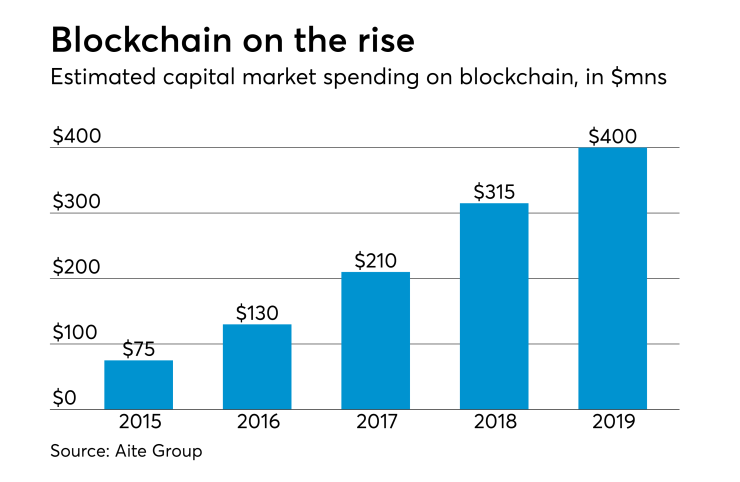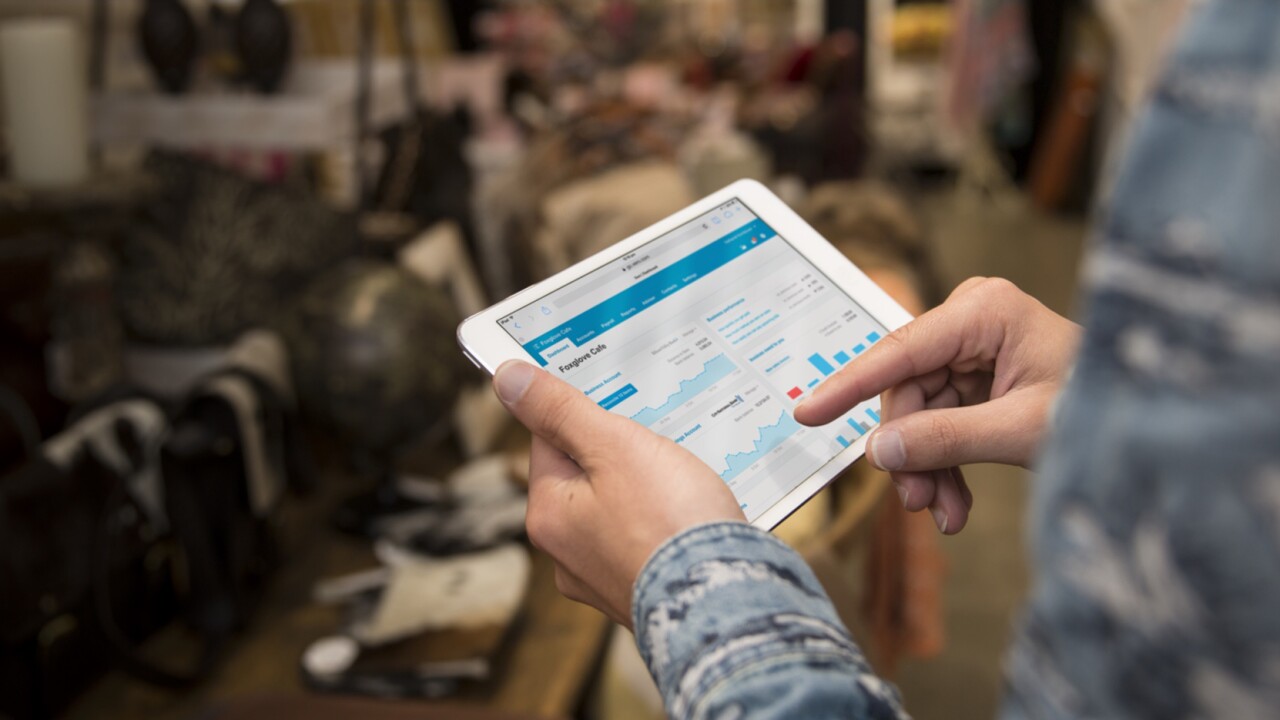“Andre, my co-founder is in town and we want to discuss a particular business idea with you. Can you make it out here tomorrow morning?”
I paused for a moment, wondering what this “particular business idea” might be. "Hopefully it will have nothing to do with the current audit, as we’re on the brink of issuing our report," I thought. “Absolutely, do you want to share more details or have me prepare something?” I asked, growing more curious.
“We are launching a blockchain project to improve tracking and payments on our SaaS product … and we’re hoping you have expertise to help us in this area…”
This was one of many experiences that quickly made me realize that blockchain and distributed ledger technology is not something that may impact our clients in the distant future, but a technology some are already incorporating, investing in or at least experimenting with in some form.
If you’re still thinking that blockchain and cryptocurrency are only used to acquire illicit goods on the deep web, you may want to bring yourself up to speed with current developments. I would like to draw your attention to just three key reasons why we decided to build a digital asset practice in a challenging and evolving regulatory environment across all major service lines to help our clients with their needs in this rapidly-growing space of digital assets, blockchain and distributed ledger technology.
1. Blockchain is fundamentally an accounting technology. As accountants, we concern ourselves with the recording, measurement and communication of transactions. Blockchain is essentially a type of ledger implementation that concerns itself with the recording, transfer and ownership of assets. Did I mention this is an accounting technology?
As accountants and auditors, we spend significant amounts of time and cost around the reconciliation, maintenance and verification of data on ledgers. Various implementations of blockchain technology and other types of distributed ledger platforms across industry verticals are being tested with the aim of improving the integrity of data and reducing friction and costs around the maintenance and synchronization of ledgers.
If any profession should be paying close attention, it’s the accounting profession. In fact, I would encourage more than just attention, but active participation and leadership. Accountants are already in a position of technical and business knowledge that places them in a good position from which to contribute and influence the role these technologies will play in our own industry and those of our clients.

2. The role and focus of the accountant will change. No, blockchain will not eliminate the role of the accountant or auditor -- much to the dismay and wishful utopia of many. However, it may also be foolish to think it will have no impact either. For example, blockchain presents the opportunity to significantly reduce the cost of verification and thereby lends itself very well to the occurrence, existence and rights and obligation of transactions and balances. However, blockchain seems not so well-suited around judgmental areas such as the valuation and impairment considerations of a building or the recoverability assessment of accounts receivable, for example.
With accountants and auditors spending less time reconciling ledgers and verifying transactions and balances, more time can be spent on judgmental areas, advisory and new areas introduced through the incorporation of blockchain technology. New areas that are fast becoming of primary focus to auditors include internal controls around private key management of self-custody clients, gaining assurance over the ownership and completeness of digital assets that may exist on many blockchains, and controls around input accuracy, especially in a supply chain environment (i.e., the garbage-in-garbage-out principle).
3. The future of the profession will require new skillsets. I don’t think accountants will need to start learning programming languages anytime soon, but I do think they will need a solid grasp of the various types of blockchains and distributed ledger implementations, including the risks and trade-offs that these various systems present. In my view, soon all newly-qualified accountants will not have graduated without a blockchain, distributed ledger technology and digital assets course baked in as part and parcel of the standard curriculum for any professional accountant globally. We are already seeing the beginnings of this, but I think the prominence of it will only continue to increase.
Millennials, love or hate them, are fast becoming the largest demographic in the workforce. Various studies have shown that millennials also show a strong propensity towards cryptocurrency and, therewith, in a sense a willingness to replace institutional trust with cryptographic trust, especially in the wake of the 2008 financial crisis. Building a digital asset practice may also prove to be an attractive recruitment incentive for millennials and younger generations that want to be part of a modern firm, a firm that does more than just stay abreast of technological advancements, but shows how they are embracing disruptive technologies that is increasingly playing a key role in shaping the future they live in.
These are just a few of the reasons I think it’s rather a matter of when and not if an accounting firm should be building their own digital asset practice. The question is not whether we will come to know and use the technology. The question is whether we as accountants will step up, lead and partner with blockchain specialists and other stakeholders in the digital asset ecosystem to develop new services and help shape the role and standards these technologies will have in the future.





